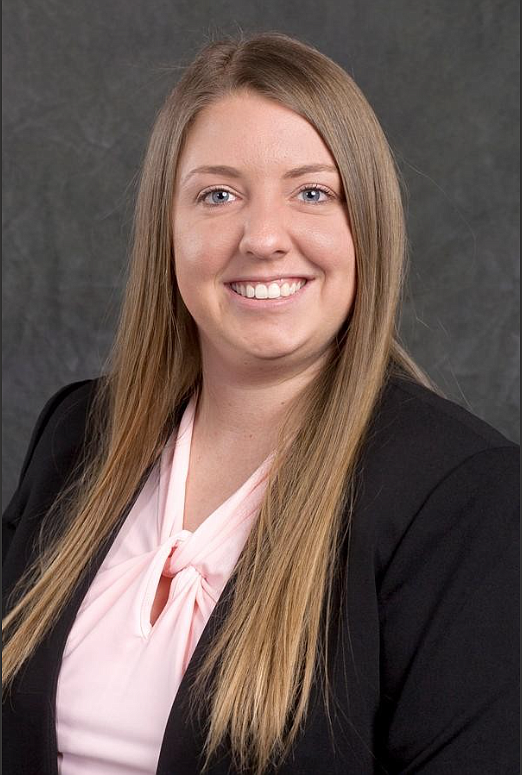Financial questions asked and answered

Lauren Burton
Lauren Burton is an Edward Jones financial advisor for Coeur d'Alene and answered some common questions that emerge about finances.
How can people hoping to own a home start saving? Are there ways to make that milestone more achievable?
Burton: What I see a lot for younger people is that they don’t budget. I call it the 50-30-20 rule.
What that effectively is if you can think of 50% of your income goes towards needs like rent or a mortgage or utilities or groceries, that can give us a parameter of what you can actually spend on some of these things.
For 30%, it’s going to cover some of the things that we want. That’s going to be things like entertainment, going out to eat.
The 20% is more about the savings. We start going into if you have an emergency fund; are you saving for that down payment? Are you doing things for retirement?
A lot of people leave that free money from their employer’s plan still on the table.
Taking advantage of that match is important and also having that emergency fund so you don’t get yourself into a situation that you have a big expense that you need to use a credit card for.
Focus on savings or down payment. We also want to make sure that our savings are growing. CDs (certificate of deposit) or money markets are available, they help your money grow for you.
Let's say they want to buy a house right now instead of five years from now.
The first step to think about: is your money working for you?
One day you will get that opportunity and have some funds for a down payment
How can people thinking about retirement start saving and make sure that they're on a healthy trajectory to live comfortably?
Burton: Best way to approach this is through a 401k
There's a process that we like to tell people to go over when they’re nearing retirement.
First, go over expenses and how you expect finances to change in retirement.
Do you expect that you’re going to have an increase in living expenses because of medical costs? Do you have the goal to travel?
You want to have realistic expectations after retirement of what do my costs actually look like and for that transition, what is the income?
Look at Social Security, pensions and whatever that deficit is makes up the income gap.
For your 401k and IRAs: How much more am I going to have to draw out of here in order to provide for that income gap?
What is your most commonly asked question as a financial advisor?
Burton: for people starting their retirement journey, a lot of people say: I don’t have an employer plan, I don’t know how to save, what are some ways I can save?
There are brokerage accounts that people use with many different kinds of investments inside of that.
There are individual retirement accounts and traditional or Roth IRAs so that people can help get themselves started and it's not always as expensive as people think it can be.
For instance, buying something like a mutual fund can often get someone started for as little as $250.
Let's say they want to put 5% of their income aside, instead of hand-picking certain companies, you have a fund that already is going to do all of that management for you.
You may have a large number of stocks in one bundle which makes it easy to get started.










